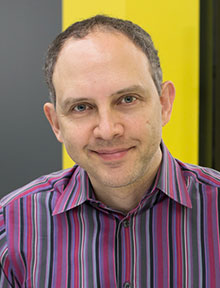
The blackout of EdTech in the pandemic, and how to build a long term strategy for educational technologies in Brazil
Paulo Blikstein, Livia Macedo, Fabio Campos, Rodrigo Silva
During the pandemic, educational technologies in Brazil experienced a blackout. Even in the wealthiest states in the nation, recent research shows tragic results. Elsewhere in Brazil, entire systems have collapsed. What led us to this situation? In the report “Technologies for an education with equity: New Horizons for Brazil,” written in partnership with D3E, we discussed how to change the direction of educational technology in Brazil. We speak of four essential dimensions: resources and infrastructure, key professionals and training, personal data and privacy in education, and national strategy. We reflected on recommendations and the main challenges for concrete public policy proposals, capable of placing Brazil among the main actors in designing solutions for educational technologies with equity.
http://d3e.com.br/d3e-lanca-sexto-relatorio-tecnologias-para-uma-educacao-com-equidade/
About Paulo Blikstein
Paulo Blikstein is an Associate Professor of Communications, Media and Learning Technology Design Associate Professor, Columbia University. He was co-founder for Lemann Center (2008-2018). Paulo Blikstein was an Assistant Professor of Education and (by courtesy) Computer Science at Stanford University, and the director of the Transformative Learning Technologies Lab (TLTL). Inspired by the seminal work of Paulo Freire and Seymour Papert, Blikstein works on technological tools to improve the learning of science, engineering, and mathematics. He develops and reserches new tools for computer programming, educational robotics, and digital fabrication which enable children to learn by making, building, and doing, within powerful constructionist learning environments. He is especially concerned with the application of such technologies in underprivileged schools from developing countries. Blikstein is the co-inventor of the first open-source educational robotics platform, the GoGo Board, used in more than 10 countries and hundreds of schools. He also spearheads the FabLab@School project, building advanced fabrication labs in middle and high-schools in four continents, and the FabLearn conference, the first academic conference on the Maker's movement and Fablabs in education. Blikstein has received notable awards including two Google Faculty Awards, and the National Science Foundation Early Career Award, the highest honor conferred by the U.S. government on exceptional scientists and engineers beginning their careers. Blikstein was one of the founders and executive director of the Center for Educational Entrepreneurship and Innovation in Brazil at Stanford.

